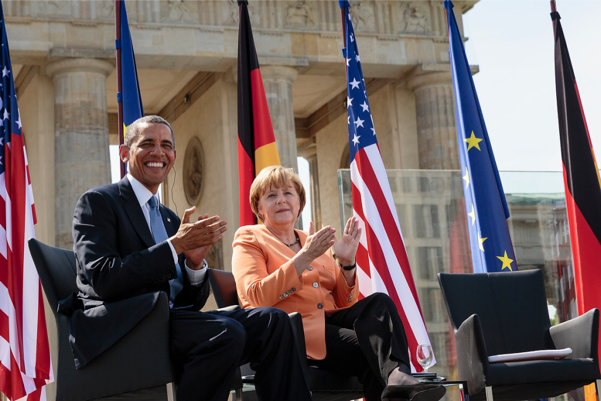
Berlin Workshop
Germany, the United States, and the Emerging International Order
Chairs: Michael Ignatieff and Harold Hongju Koh
The long-running crisis in Ukraine has exposed fissures in German and American approaches to maintaining international order in a world marked by increasing antagonism between liberal democracies and authoritarian capitalist regimes. For Americans, the new authoritarian capitalist regimes in Russia and China are global geostrategic rivals; for the Germans, the overwhelming priority is different: to maintain the peace in Europe and prevent the alteration of borders by force. While both Germany and the United States share a common commitment to a rules-based international order, each interprets this commitment differently in the light of its particular history, geography and legal tradition.
How to understand the new international order and how to maintain alliance cohesion as both Germany and the US respond to new challenges in Ukraine, Eastern Europe and East Asia were perfect subjects for the Holbrooke Forum at the American Academy in Berlin. Richard Holbrooke’s diplomacy—including the 1995 Dayton Accord—was inspired by multilateralist assumptions: that American power was most likely to succeed in stabilizing the international order if the Europeans, especially the Germans, played a central role and if the Russians were brought in as participants and not marginalized as spoilers.
These assumptions are being challenged in Europe by events in Ukraine and in East Asia by the rise of China. So it is an opportune moment to revisit these Holbrookian assumptions and ask whether they need to be discarded or renewed in the light of the new international situation.
Am Sandwerder 17-19
14109 Berlin-Wannsee
